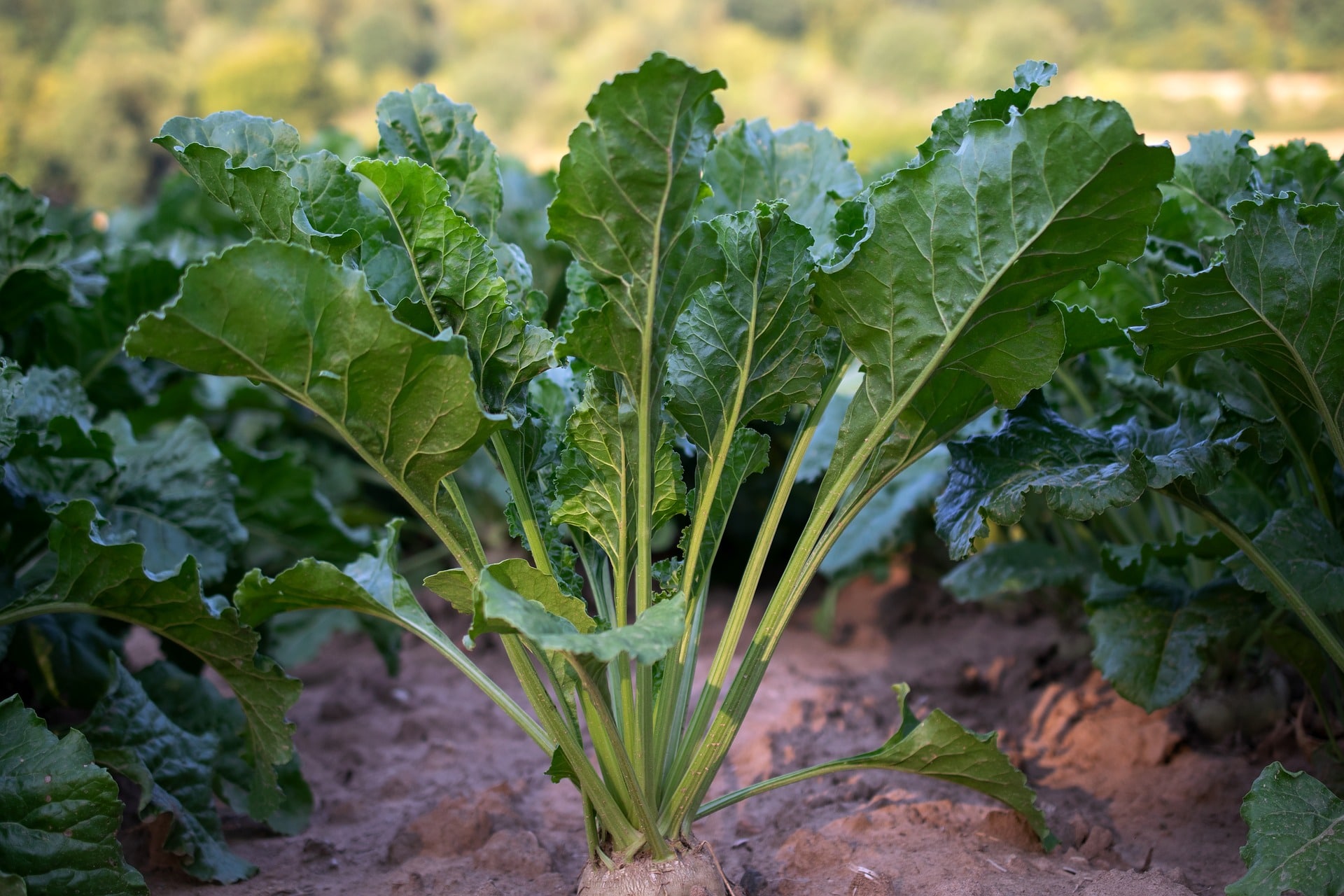The John Innes Centre, in collaboration with partners at Norwich Research Park and British Sugar, have secured funding to pioneer novel gene editing techniques aimed at safeguarding the British sugar beet crop from the potentially devastating effects of virus yellows disease.
The Farming Futures Research and Development Fund, administered by Innovate UK, has granted an award to British Sugar, alongside the agricultural biotechnology firm Tropic and the John Innes Centre. Additionally, support for the project will be provided by the British Beet Research Organisation, the dedicated research hub of the UK’s beet sugar industry. The project which aims to build resilience and productivity in this economically important crop.
The project’s full budget is £1m, of which £663,443 is grant funded by the Department for Environment, Food and Rural Affairs’ (DEFRA) Farming Innovation Programme, and the remainder by British Sugar, Tropic and the John Innes Centre.
“This welcome investment recognises the role of the John Innes Centre as a national capability in developing and applying precision breeding approaches such as gene editing to crop protection,” said Professor Steven Penfield, whose group at the John Innes Centre will develop the technology necessary to support the gene-editing of sugar beet.
“We look forward to deploying this expertise in partnership with British Sugar and Tropic for the benefit of British sugar beet growers.”
The project will use Tropic’s Gene Editing induced Gene Silencing (GEiGSⓇ) technology platform to introduce minimal, precise genetic changes to redirect sugar beet’s own natural defence mechanisms towards enabling resistance to virus yellows – a crop disease spread by aphids, which had a severe impact on the homegrown sugar industry with significant impacts on the livelihoods of British sugar beet growers.
“The GEiGS® technology, which combines elements of precision breeding techniques like gene editing and a naturally occurring immunity mechanism known as gene silencing, is a game changing platform allowing us to develop improved varieties of sugar beet that are better able to withstand disease – and environmental – pressures to enable much more sustainable cropping practices,” said Ofir Meir, Chief Technology Officer at Tropic.
In the end, the project’s success will shield British sugar beet farmers from the looming threat of virus yellows disease, while simultaneously boosting crop productivity, resilience, and sustainability. It will contribute to the advancement of English agriculture towards achieving net-zero emissions goals. It will also build technical capabilities in sugar beet gene editing for the UK and more generally, develop other traits to protect and enhance the crop.
This approach has been enabled by the recent passing of the Genetic Technology (Precision Breeding) Act 2023.
In 2020, the UK beet sugar industry suffered an extreme and unprecedented impact of virus yellows disease, with at least 40 per cent of the crop affected nationally, and overall yields were down 25 per cent on the five-year average. Work has since been ongoing to protect the crop from this disease.
“We are delighted to have been awarded this funding, which will help us make great strides in our work towards protecting the sugar beet crop from virus yellows disease, and potentially other crop diseases in the future,” Dan Green, British Sugar Agriculture Director, said. “We look forward to continuing to work with our partners, Tropic and the John Innes Centre, to progress this work over the coming years, for the benefit of the whole UK beet sugar industry.”










